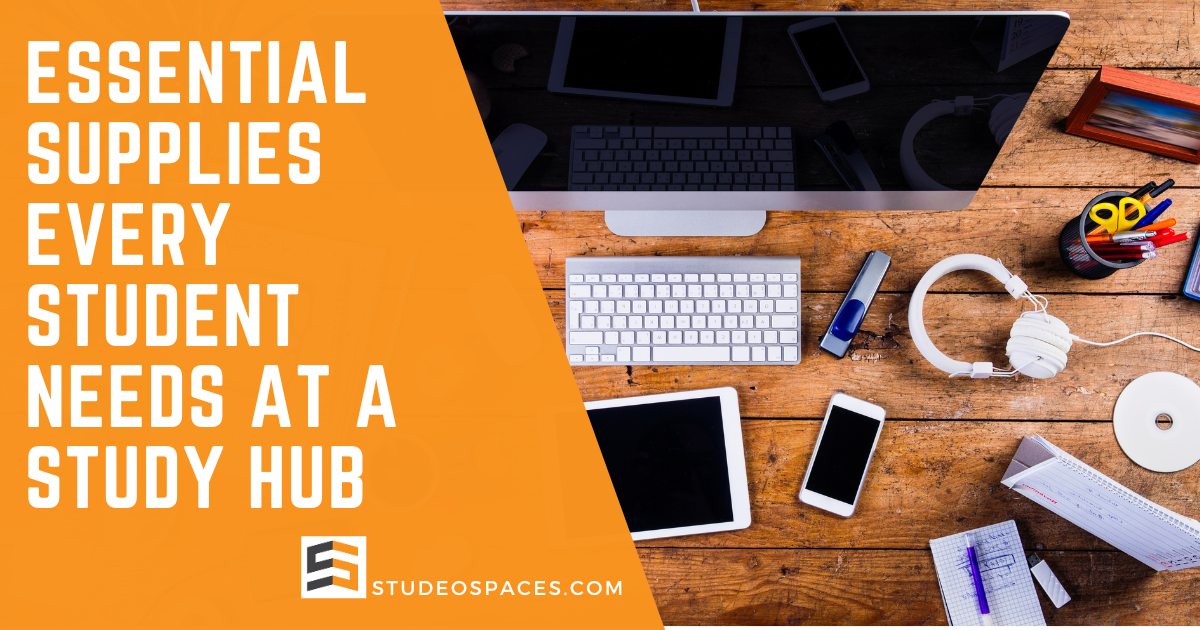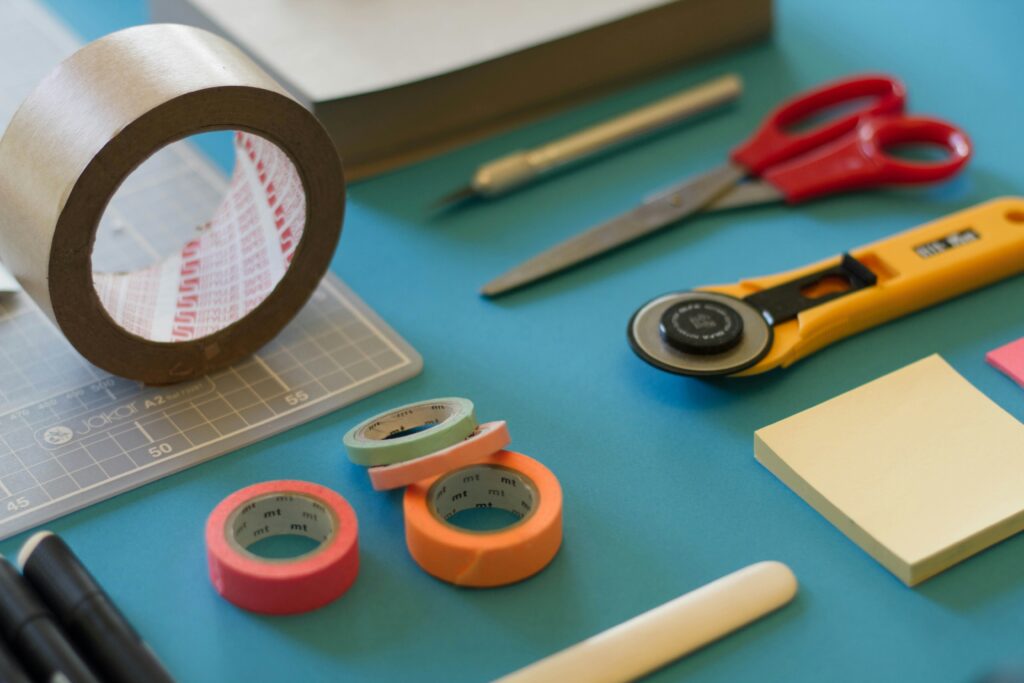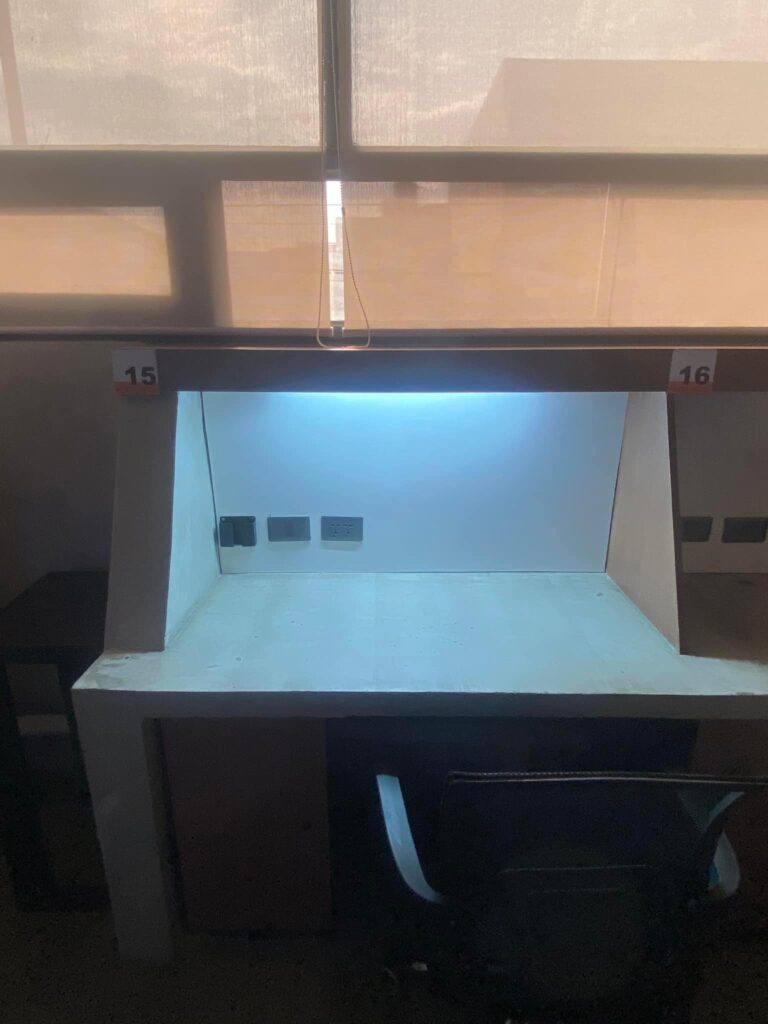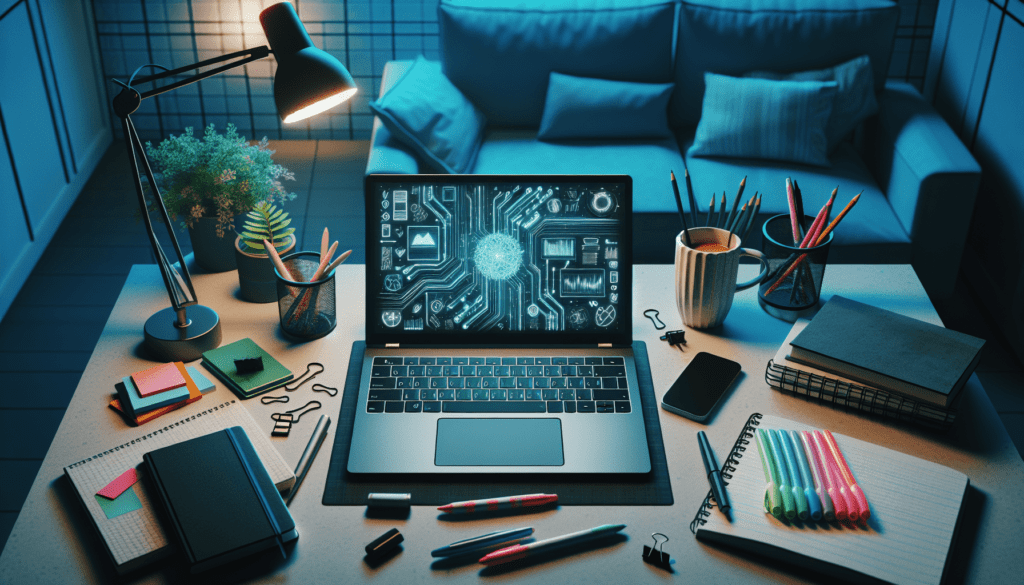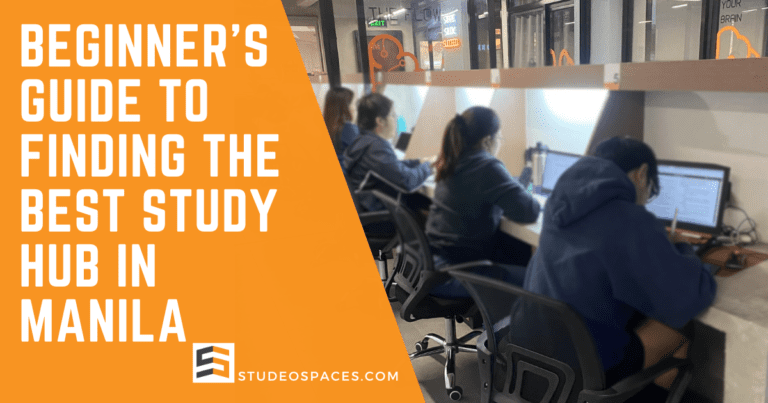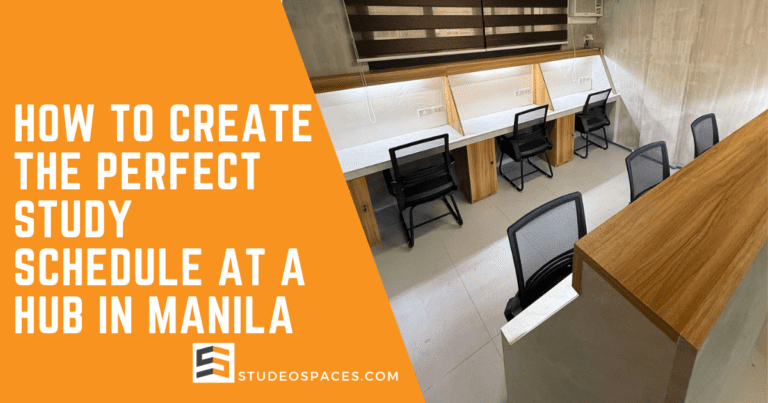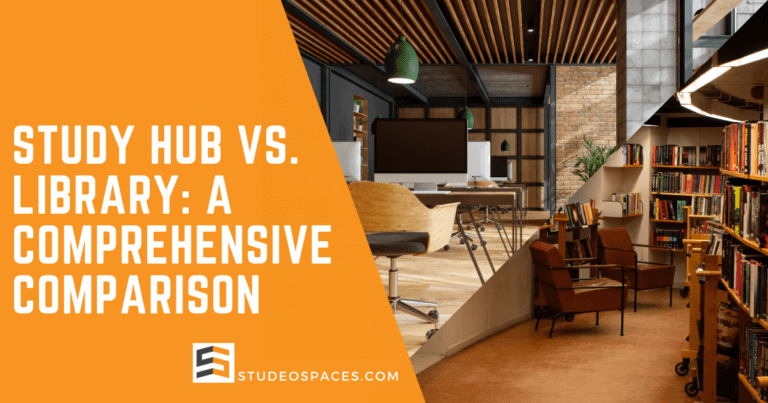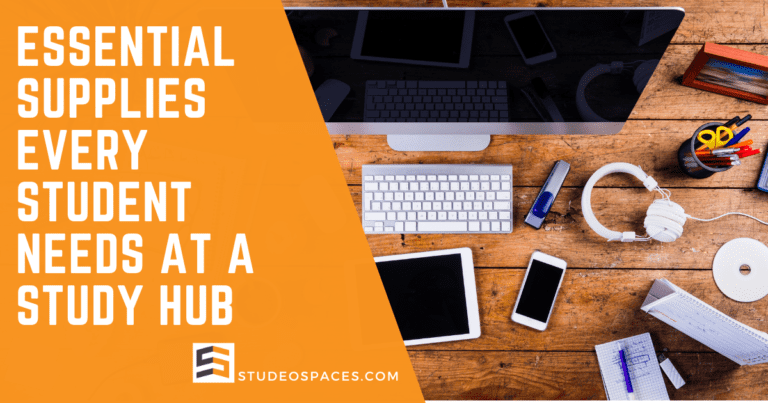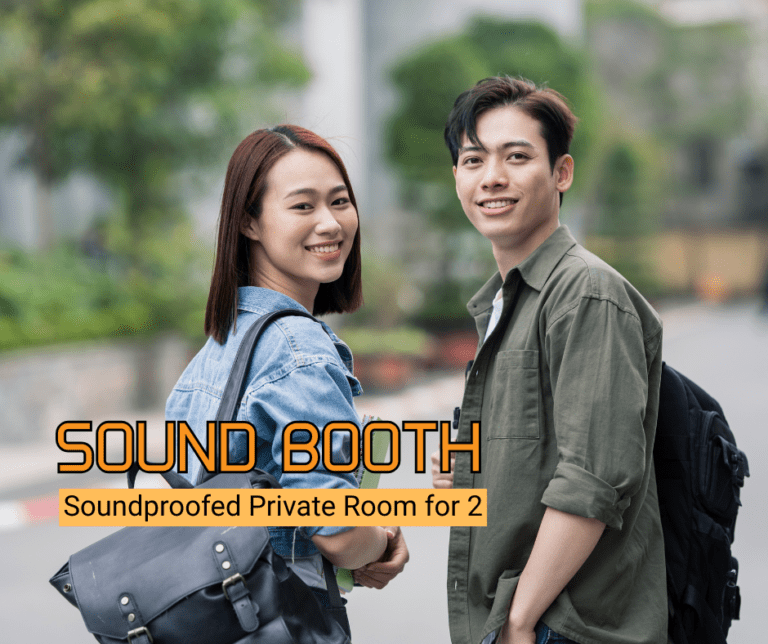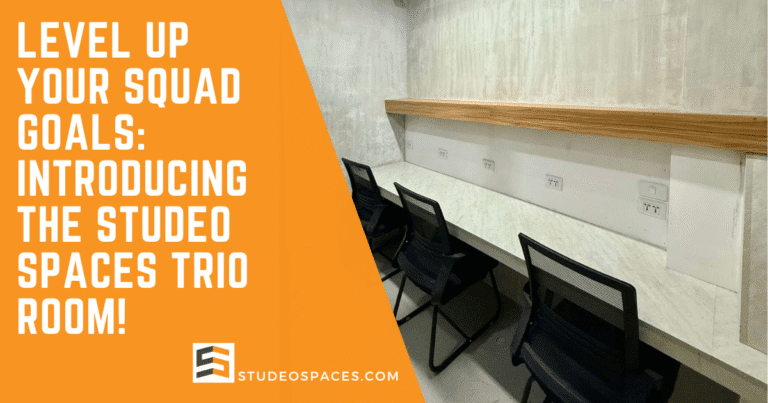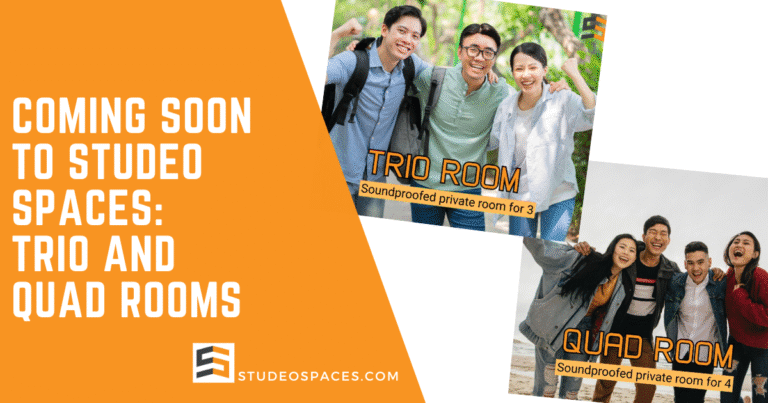
Flow State Resources for Students: In the quest for academic success, understanding and mastering the “Flow State” concept can be a game-changer for students. This article introduces a curated list of the best resources to deepen your knowledge on achieving this peak state of focus and productivity while studying. By diving into these tools, learners can uncover strategies and techniques to enhance their concentration, reduce distractions, and ultimately excel in their studies.
For those seeking the perfect environment to foster this state of hyper-focus, Studeo Spaces Study Hub in Sampaloc offers an optimal setting. Designed to eliminate distractions and promote peak performance, Studeo Spaces helps individuals truly “Get Into the Flow,” turning study sessions into highly productive and immersive experiences.
Have you ever found yourself so deeply immersed in a task that time seems to fly by, and you perform at your best? This state is known as “Flow,” it can be incredibly beneficial, especially when studying. The Flow State is a concept that many learners aspire to achieve because of its potential to boost productivity and learning outcomes significantly. But how exactly can one learn more about Flow State in the context of studying? Let’s delve into some of the best resources available to help you understand and achieve this optimal state of focus.
Flow State Resources: Understanding Flow State
What is Flow State?
Flow State, often referred to simply as “Flow,” is a psychological concept that describes a mental state of deep immersion and engagement in a particular task. When in Flow, individuals experience heightened focus, creativity, and productivity. Mihály Csíkszentmihályi, a renowned psychologist, introduced this concept and highlighted its importance in work and learning environments.
Why is Flow State Important for Studying?
Achieving a Flow State while studying can lead to several benefits. It allows students to concentrate, process information more efficiently, and retain knowledge better. When in Flow, distractions fade away, and students can achieve a higher academic performance.
Flow State Resources: Best Books
“Flow: The Psychology of Optimal Experience” by Mihály Csíkszentmihályi
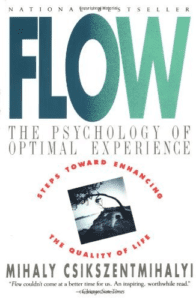
This seminal work by Csíkszentmihályi is a must-read for anyone interested in understanding Flow State. The book provides a comprehensive overview of the concept, backed by research and real-life examples. It lays the foundation for understanding how Flow can be achieved and its impact on productivity and learning.
“Deep Work: Rules for Focused Success in a Distracted World” by Cal Newport
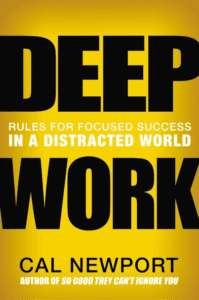
Cal Newport’s “Deep Work” focuses on the importance of deep, undistracted work and its benefits. The book provides practical tips and strategies for minimizing distractions and maximizing focus, essential for achieving a Flow State.
“Mindfulness for Students” by Stella Cottrell
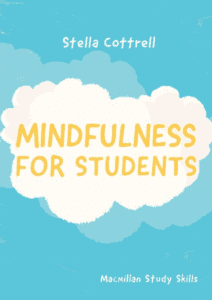
This book integrates mindfulness practices with study techniques to help students focus better and concentrate. It is a valuable resource for those looking to incorporate mindfulness into their study routine to reach Flow State.
Flow State Resources: Online Courses and Webinars
Coursera: “Learning How to Learn: Powerful Mental Tools to Help You Master Tough Subjects”
This popular course, offered by McMaster University and the University of California San Diego, teaches students various learning techniques to enhance focus and retention. It covers crucial aspects like chunking, tackling procrastination, and achieving a Flow State while studying.
Udemy: “Mastering the Art of Focus: Tips for Achieving Flow State”
Udemy offers various courses targeted at helping individuals enhance their focus and productivity. This course specifically delves into the psychology of Flow State and provides actionable strategies for students to reach this optimal learning condition.
Flow State Resources: Research Papers and Articles
“The Concept of Flow” by Mihály Csíkszentmihályi (Scientific American Article)
This article is an excellent introduction to the concept of Flow State, written by its pioneer. It gives a succinct overview of Flow, its characteristics, and its relevance in various aspects of life, including studying.
“Flow in Education: A Systematic Literature Review” (Journal of Educational Psychology)
This research paper provides a comprehensive review of the existing literature on Flow State in the context of education. It explores how Flow can be facilitated in educational settings and its impact on students’ learning outcomes.
Flow State Resources: Apps and Tools
Forest
Forest is an app designed to help users stay focused by planting virtual trees. The trees grow while you remain focused on your task, and if you leave the app, the trees die. It’s a fun and engaging way to minimize distractions and remain in Flow.
Pomodoro Timer
The Pomodoro Technique is a time management method that uses a timer to break down work into intervals. There are various Pomodoro apps available that can help students maintain focus and achieve Flow State by working in short, intense bursts followed by short breaks.
Flow State Resources: Tips for Achieving Flow State
Set Clear Goals
Understanding what you want to achieve in each study session can help you stay focused. Break down your tasks into manageable goals to make engaging fully with your work easier.
Eliminate Distractions
Create a study environment that is free from distractions. This might mean turning off your phone, finding a quiet place to study, or using apps to block distracting websites.
Balance Challenge and Skill
Flow is most easily achieved when there is a balance between the challenge of the task and your skill level. Tasks that are too easy can become tedious, while those that are too difficult can be frustrating. Aim to work on tasks that push your abilities without overwhelming you.
Take Regular Breaks
Short breaks between study sessions can help maintain focus and energy levels. Techniques like the Pomodoro Method encourage taking breaks and can be helpful in staying in Flow.
Incorporate Mindfulness Practices
Mindfulness practices such as meditation can improve focus and reduce stress, making it easier to achieve Flow State. Consider incorporating brief mindfulness exercises into your daily routine.
Flow State Resources: Role of Environment
Importance of a Conducive Study Space
The physical environment plays a significant role in achieving Flow State. A well-organized, quiet, and comfortable study space can significantly enhance your ability to focus and immerse yourself in your work.
Design Elements that Promote Flow
Certain design elements can help create an environment conducive to Flow. These include good lighting, a clutter-free workspace, and ergonomic furniture. Additionally, having access to resources such as books, the internet, and writing materials can facilitate seamless study sessions.
How Studeo Spaces Study Hub Can Help
Studeo Spaces Study Hub’s environment is meticulously designed to promote Flow State. Located in Sampaloc, this premier study space offers an ambiance that minimizes distractions and maximizes focus. The hub provides comfortable seating, adequate lighting, and necessary study resources, allowing individuals to immerse themselves fully in their tasks.
Flexible Access
Studeo Spaces Study Hub is accessible seven days a week, from 8:00 AM to 3:00 AM. This flexibility allows students to choose study times that align with their peak productivity hours, further enhancing their ability to achieve a Flow State.
Supportive Community
Being surrounded by like-minded individuals can enhance motivation and focus. Studeo Spaces Study Hub provides a supportive community of students and professionals equally committed to achieving their study goals.
Flow State Resources: Conclusion
Achieving a Flow State can significantly improve your study efficiency and academic performance. With the right resources, strategies, and environment, reaching this optimal state of focus is entirely achievable. Whether through books, online courses, techniques, or dedicated study spaces like Studeo Spaces Study Hub, there are numerous ways to learn about and attain Flow State.
Studeo Spaces Study Hub’s mission is to provide an environment that fosters hyper-productivity and concentration. Whether preparing for exams or enhancing your professional skills, this study hub offers the perfect setting to “Get Into the Flow” and achieve your goals.
For anyone serious about unlocking their full potential and achieving the best possible results in tests and examinations, Studeo Spaces Study Hub in Sampaloc is the ideal place to study. With its supportive environment, flexible hours, and commitment to helping individuals reach a state of Flow, it stands out as a top choice for students and professionals.
Frequently Asked Questions About Flow State Resources
What are Flow State Resources, and how can they help me study more effectively?
Flow State Resources are tools, techniques, and environments designed to help you achieve a state of deep focus and immersion, known as “flow,” while studying. These resources can include books, online courses, apps, and physical study spaces. Using these resources can enhance your concentration, process information more efficiently, and retain knowledge better, leading to improved academic performance.
What types of Flow State Resources are available for students?
There are several types of flow state resources available to students:
Books: Such as “Flow: The Psychology of Optimal Experience” by Mihály Csíkszentmihályi and “Deep Work” by Cal Newport provide theoretical understanding and practical strategies for achieving flow. “Mindfulness for Students” by Stella Cottrell integrates mindfulness for focus.
Online Courses: Platforms like Coursera and Udemy offer courses that teach techniques for enhancing focus and achieving flow, such as “Learning How to Learn” and “Mastering the Art of Focus.”
Apps: Apps like Forest and Pomodoro Timers are designed to minimize distractions and manage study time effectively.
Study Environments: Dedicated spaces like Studeo Spaces Study Hub are designed to eliminate distractions and promote a focused learning environment.
How can books be helpful in Flow State Resources?
Books like “Flow: The Psychology of Optimal Experience” provide a foundational understanding of flow and how it can be achieved. They offer insights into the psychological aspects of flow, backed by research, and provide real-life examples of how to apply these principles. Other books, like “Deep Work,” offer practical advice on minimizing distractions to reach a flow state.
What are some online courses Flow State Resources I can use?
Online courses like “Learning How to Learn” on Coursera teach you various learning techniques to improve focus and retention, which can help you achieve a flow state. Udemy offers courses such as “Mastering the Art of Focus,” which delve into flow psychology and offer actionable strategies. These courses are designed to provide practical skills for enhancing focus during study.
How do apps act as Flow State Resources, and which are recommended?
Apps can be effective flow state resources by helping you manage distractions and maintain focus. Forest is an app that uses gamification to keep you focused by planting a virtual tree that dies if you switch away from the app6. Pomodoro Timer apps break your study time into focused intervals, with short breaks in between to optimize your focus.
What makes a study environment a valuable Flow State Resource?
A conducive study environment is a significant flow state resource because it minimizes distractions and promotes focus [9]. Key elements include a quiet, comfortable space, good lighting, a clutter-free workspace, and ergonomic furniture. Access to necessary study resources, such as books and the Internet, is also beneficial. Studeo Spaces Study Hub is specifically designed to provide this kind of environment.
How can Studeo Spaces Study Hub serve as a Flow State Resource?
Studeo Spaces Study Hub is designed to be a premier flow state resource for students by providing a distraction-free, focused environment. The space offers comfortable seating, good lighting, and necessary study resources. It also provides a supportive community, which can boost motivation and focus. Its flexible access allows students to study at peak productivity hours.
What other techniques can be used as Flow State Resources for studying?
Other valuable flow state resources include techniques such as:
Setting clear goals: Breaking tasks into manageable goals can help maintain focus.
Eliminating distractions: Creating a study environment free from distractions, such as turning off your phone.
Balancing challenge and skill: Working on challenging tasks yet within your capabilities.
Taking regular breaks: Using methods like the Pomodoro Technique to incorporate short breaks.
Incorporating mindfulness: Practicing mindfulness exercises like meditation to reduce stress.
Key Glossary Terms for Flow State Resources
- Flow State: A psychological state of deep immersion and engagement in a task characterized by heightened focus, creativity, and productivity.
- Mihály Csíkszentmihályi: A renowned psychologist who introduced and popularized the concept of Flow State.
- Deep Work: A term coined by Cal Newport referring to the ability to focus without distraction on a cognitively demanding task, a skill crucial for achieving Flow.
- Mindfulness: The practice of being present and fully engaged in the moment, which can help reduce stress and improve focus.
- Pomodoro Technique: A time management method that breaks down work into intervals, typically 25 minutes, separated by short breaks.
- Conducive Study Space: A physical environment that promotes focus and reduces distractions, enhancing the ability to achieve Flow.
- Studeo Spaces Study Hub: A premier study space in Sampaloc designed to foster hyper-productivity and concentration through its conducive environment.
- Ergonomic Furniture: Furniture designed to promote comfort and good posture, which reduces physical distractions and contributes to achieving Flow.convert_to_textConvert to source
Studeo Spaces Quick Links
- Book a Desk / Room
- Location
- Rates
- Features and Amenities
- Business Hours
- Private Rooms
- Latest News
Stay Connected
- Facebook: https://www.facebook.com/StudeoSpaces
- Tiktok: https://www.tiktok.com/@studeospaces
- Youtube: https://www.youtube.com/@StudeoSpaces
